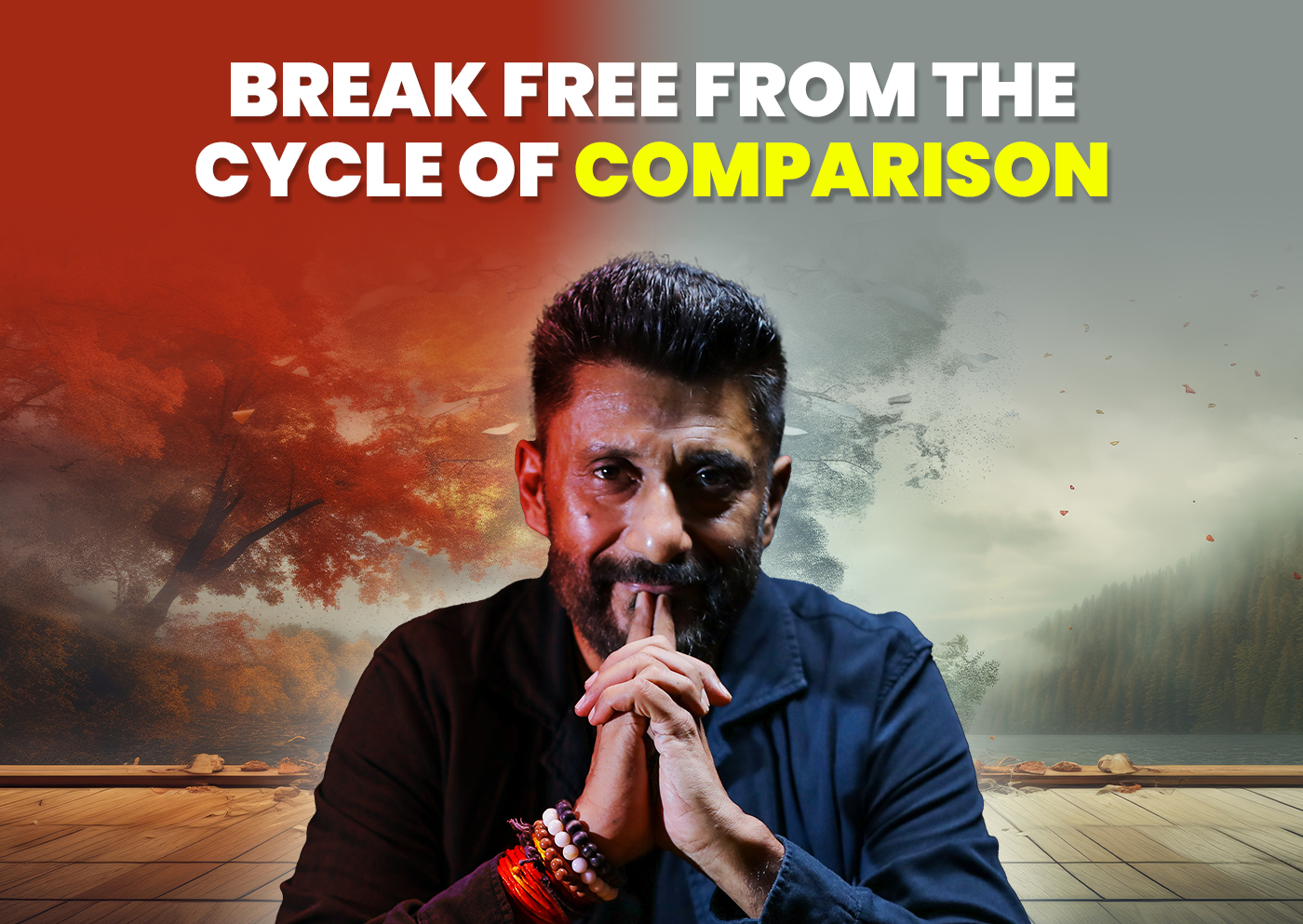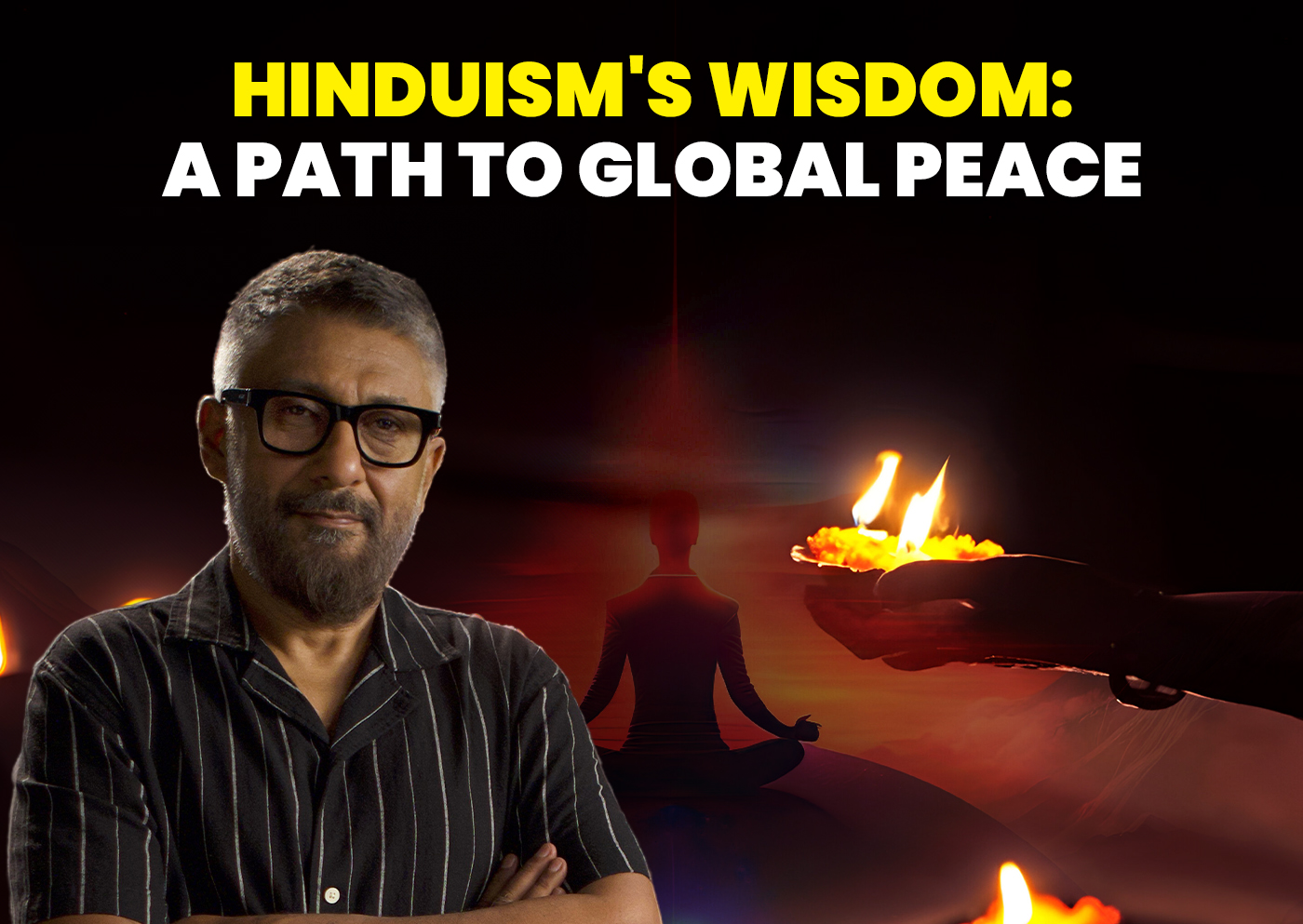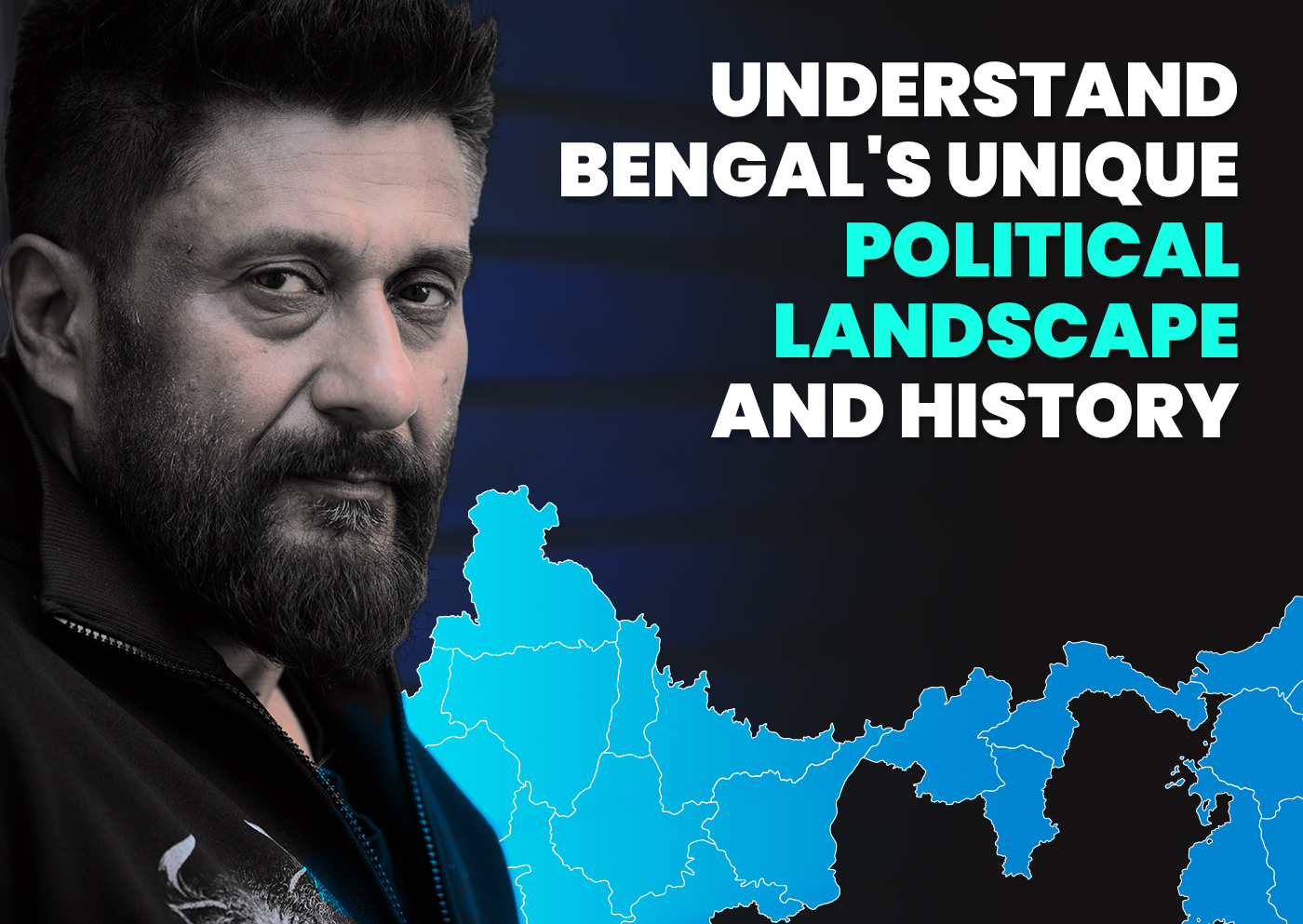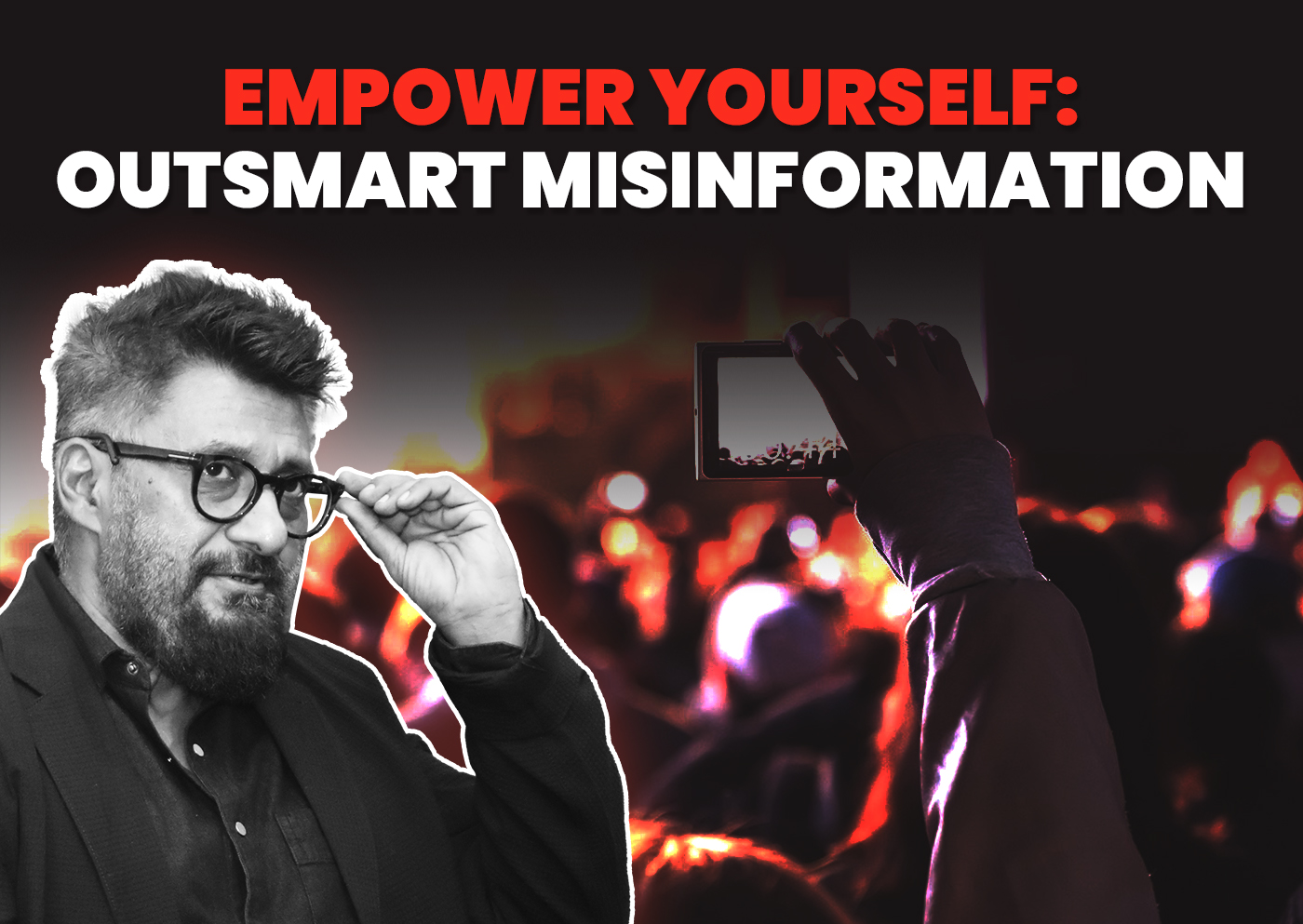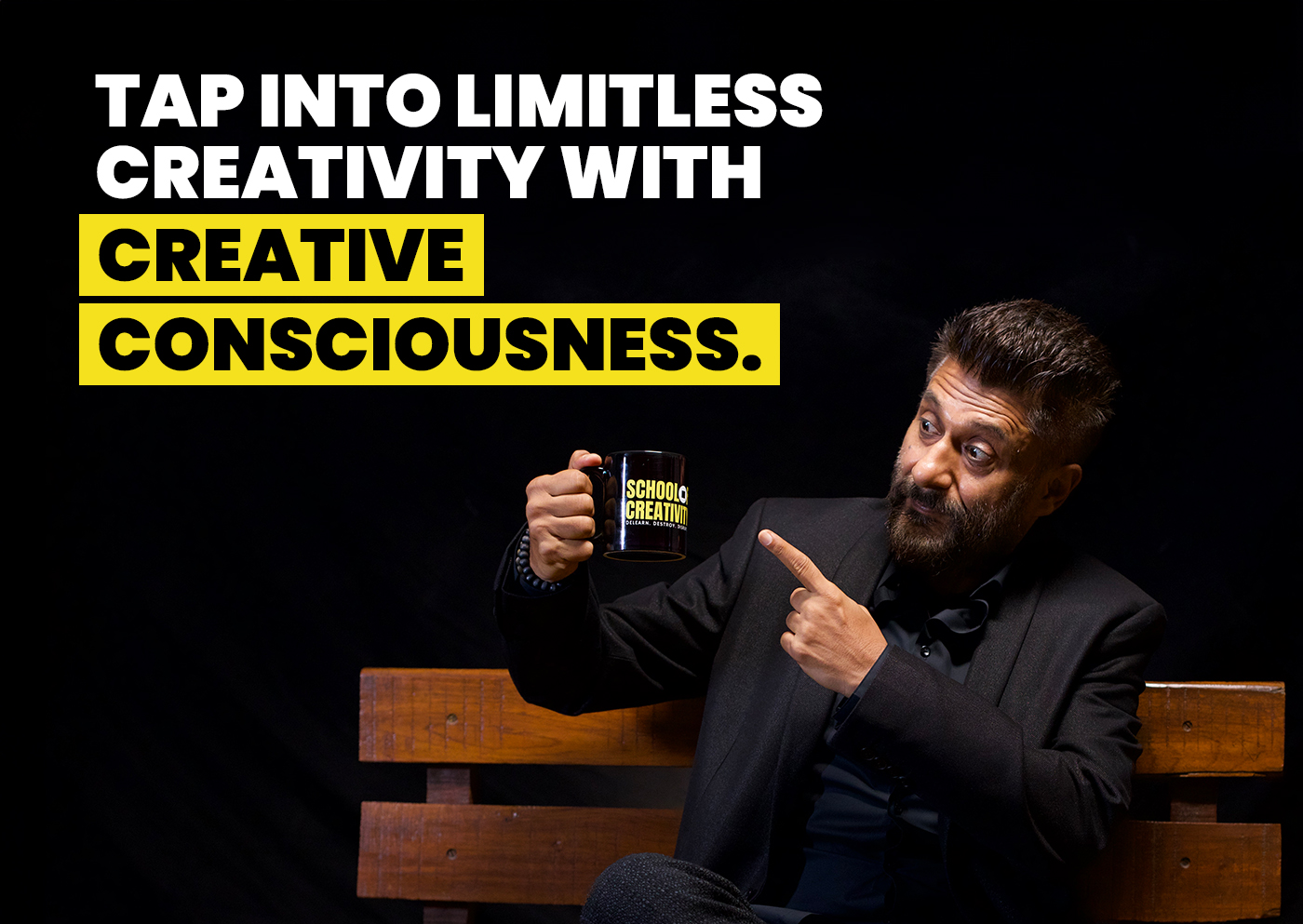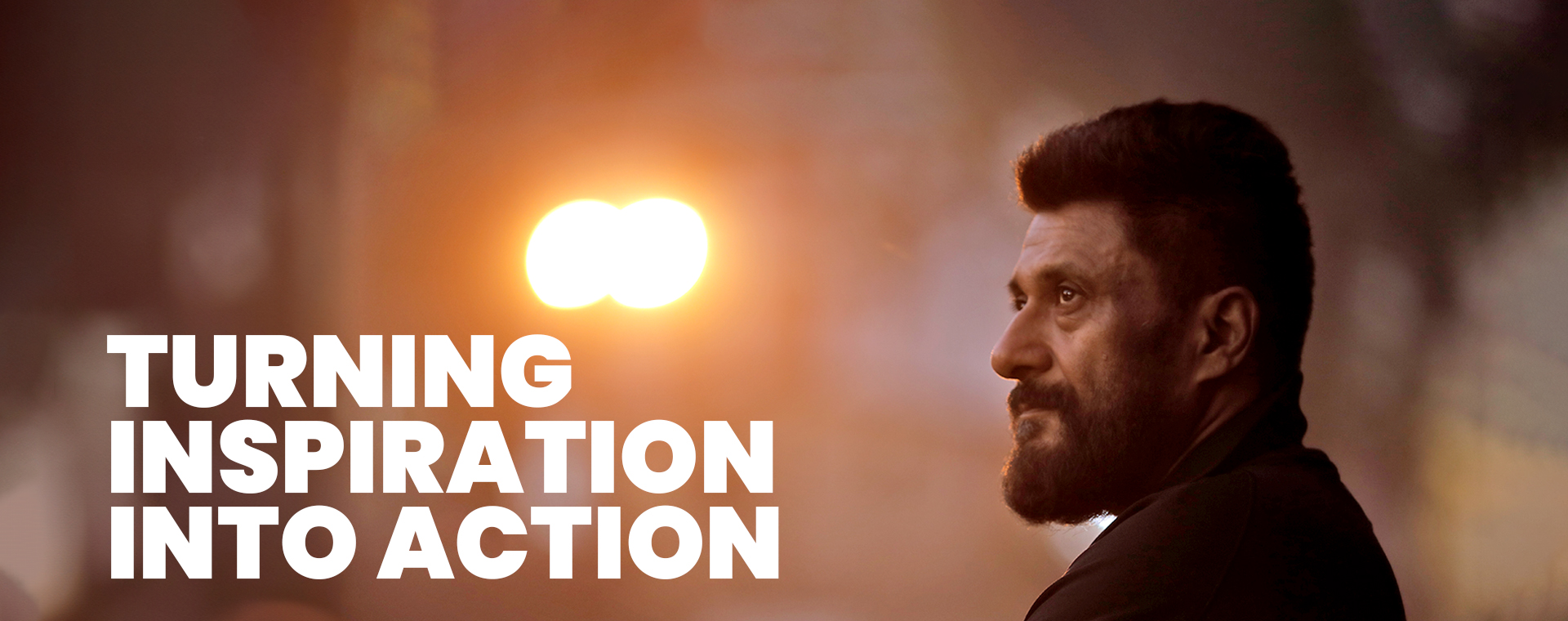

Turn Inspiration into Action: Establishing a Consistent Creative Practice
Explore tips and insights to harness your imagination, overcome blocks, and make creativity a fulfilling part of your daily routine.
“Creativity brings life to everything around us.”
Creativity is the ability to generate new ideas, solutions, or connections. While often associated with the arts, creativity exists within each of us and spans all areas of life. Unfortunately, the demands of day-to-day routines can stifle our natural creative instincts. Establishing a consistent creative practice can unlock innovative thinking and restore passion in your hobbies, work, and relationships.
This article will explore practical techniques for building a daily creative habit. From small artistic exercises to overcoming fear, you will learn proven strategies to integrate creativity into your life sustainably.
Defining Creativity
Creativity is the ability to generate novel and valuable ideas or products. It involves bringing something new into existence that has value. Creativity can manifest in many forms — problem-solving, art, scientific discoveries, inventions, and more.
Creativity often involves originally combining ideas or elements. It is about going beyond logical, conventional thinking to seeing things with a fresh perspective. Creativity enables us to find solutions to problems, express ourselves, and envision new possibilities. It is the ability to transcend traditional ideas, rules, patterns, and relationships.
Benefits of Creativity
Engaging in creative activities provides many benefits beyond producing art or innovating new ideas. Establishing a daily creative practice can significantly improve one’s mental health, productivity, and sense of purpose.
Improves Mental Health and Reduces Stress
Studies have shown that creative activities help reduce anxiety, depression, and stress. The act of creating provides an outlet for expressing emotions and processing experiences. It also shifts focus away from negative thoughts and rumination. Engaging parts of the brain involved in reward, relaxation, and self-expression can boost mood and overall wellbeing. A daily creative habit can act as a form of mindfulness meditation.
Provides Sense of Purpose and Satisfaction
The ability to conceive new ideas and turn them into something tangible is uniquely human. It brings a great sense of achievement, joy, and purpose. An outlet for imagination and self-expression allows people to challenge themselves to grow and actualize their potential.
Barriers to Creativity
While creativity has many benefits, many people need help to make it a consistent habit. Some common barriers get in the way:
Lack of time: With the demands of work, family, and other obligations, many feel they need more time for creative activities. It can be challenging to prioritize creativity when so many other things compete for attention. Setting aside small windows of time each day can help overcome this hurdle.
Fear of judgement/failure: The creative process often requires sharing unfinished work and new ideas before they are fully formed. This can lead to fear of criticism or failure. However, mistakes and constructive feedback are part of the process. Letting go of perfectionism and focusing on growth is critical.
Sticking to a routine: It’s easy to continue existing patterns and habits daily. Stepping outside comfort zones and trying new creative approaches takes concerted effort. But doing so expands abilities and sparks fresh inspiration.
Establishing a Daily Creative Practice
Setting aside time each day dedicated solely to creative activities is critical to building a consistent creative practice. Protecting this time by removing distractions is essential — turn off notifications, close extra browser tabs, and silence your phone.
When starting, aim for 15-30 minutes per day of focused creative time. This might seem short, but creating small helps build the habit. Once you get into a consistent rhythm, you can gradually increase the time as you see fit.
Pick an ideal time and place where you can concentrate. Many creatives find early morning or late evening best when the world is quieter. Have all your supplies handy to minimise disruption. Stick to your designated space and time as much as possible to reinforce the habit.
Some days will be more inspired than others. On less motivated days, show up — sitting down to create often generates motivation. Avoid editing or judging your work during the creative session. The key is to get into a flow where ideas can emerge unfiltered.
Trust the process. Starting small and staying consistent is most important when establishing a new creative habit. The time and quality will grow naturally over time.
Setting Goals
While setting goals can provide motivation and structure for creative practice, Vivek cautions against getting attached to rigid, long-term goals. Instead, he recommends focusing on the present moment and setting intentions that allow for spontaneity, experimentation, and flow.
According to Vivek, rigid goals constrain creativity. We limit our openness to new ideas and possibilities when we become fixated on a specific outcome. Goals also encourage a “delayed life” attitude where we believe satisfaction lies in some future achievement.
Vivek suggests setting intentions rather than definitive goals. Intentions provide direction without rigidity. For example, you may intend to paint daily without requiring finished work. Or intend to play music without needing complete songs. Keep the focus on the process, not the end product.
Allow goals to emerge naturally through your creative practice rather than deciding them in advance. Stay open to surprise and discovery. Don’t force a preconceived agenda. By relaxing demands and expectations, you create space for creativity to unfold spontaneously.
Trust in the process. Enjoy the journey. Your intentions will guide you but leave room for detours, experimentation, and play. With this mindset of openness, your creative practice becomes a flowing source of fulfilment.
Overcoming Blocks
When we hit a creative block, it’s easy to get frustrated and force it. But that often makes things worse. Here are some tips for overcoming blocks:
Take breaks and step away when stuck. Our minds continue processing things in the background. Taking a break to do something different, like exercise, meditate, or take a walk, allows that background processing to happen. We often return with new insights and ideas.
Change the environment/medium. If you’re stuck on a writing project, try switching to sketching your ideas. If you’ve been drawing for hours, go for a walk outside. A change of environment and medium engages different parts of your brain.
Loosen need for perfection. Remind yourself – done is better than perfect. Finish that rough draft without self-judgement. You can always refine it later. Perfectionism kills creative flow.
Establishing a short daily creative habit energises your mind, reduces stress, and unlocks innovation. With regular practice, you’ll find creative time becoming the highlight of your day.
Conclusion
Developing a daily creative practice can initially seem daunting, but it’s one of the most rewarding things you can do. As we’ve discussed, creativity immensely benefits your mental health, productivity, and fulfilment. By carving out time daily to engage in creative exercises like journaling, drawing, or brainstorming new ideas, you can tap into levels of imagination and innovation you never thought possible.
The key is to start small — even just 15 minutes a day. Choose activities you enjoy and set achievable goals. Over time, you’ll develop new habits, push past mental blocks, and unlock your creative potential. Don’t be discouraged if you miss a day or have trouble getting started. Be patient with yourself and celebrate small wins.
Creativity takes courage. But the effort pays off exponentially in your work, relationships, and overall well being. You have a vast capacity for original thought within you. Commit to developing it — the world needs your unique creative perspective!

